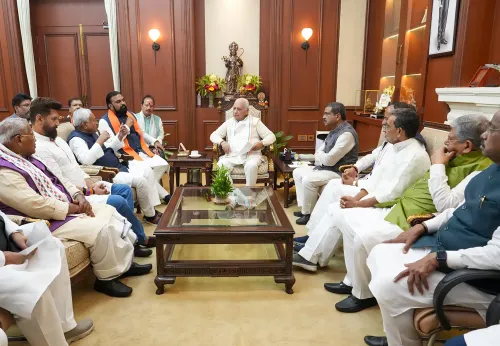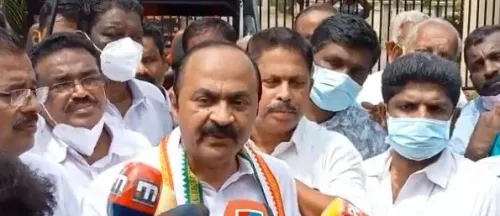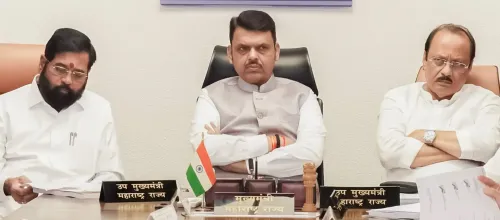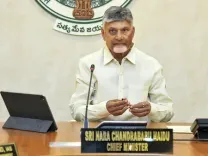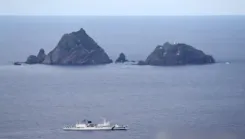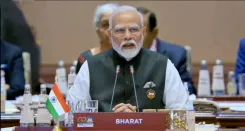Why Does the AU Denounce External Interference in African Security?
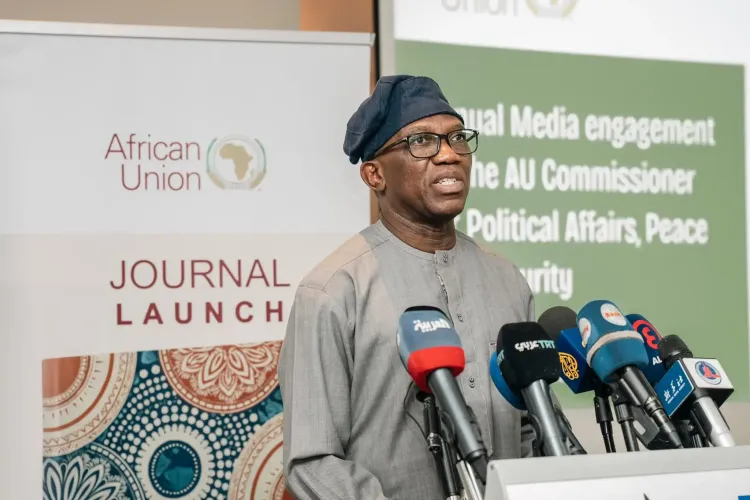
Synopsis
Key Takeaways
- The AU denounces external interference in African conflicts.
- Focus on African solutions for peace processes.
- Efforts are underway to resolve the conflict in Sudan.
- Madagascar is being supported in restoring constitutional order.
- The AU commends peace agreements in the DRC.
Addis Ababa, Nov 19 (NationPress) The African Union (AU) Commission has firmly rejected any form of external interference in African nations grappling with security challenges, particularly focusing on the ongoing situation in Sudan.
During a press briefing in the Ethiopian capital, AU Commissioner for Political Affairs, Peace, and Security, Bankole Adeoye, emphasized the necessity for the AU to spearhead any peace negotiations within the continent, highlighting the principle of African solutions for African conflicts.
"As the African Union, we strongly oppose any form of interference that exacerbates the crises already affecting various regions of our continent. We categorically condemn all external meddling in Sudan or any other part of Africa," Adeoye stated.
He stressed the importance of the AU's role in identifying foundational solutions and achieving lasting peace amid Africa's intricate security issues, as reported by the Xinhua news agency. Noting the ongoing conflict in Sudan has resulted in "horrific" humanitarian crises, Adeoye stated that the AU is dedicated to resolving the conflict by facilitating political dialogue among all involved parties.
"Our relentless efforts are aimed at creating peace in Sudan; our objective is not merely a humanitarian ceasefire but a comprehensive, unconditional, and total ceasefire," Adeoye reiterated.
Regarding Madagascar, Adeoye mentioned that the island nation is enjoying relative peace as the AU's Panel of the Wise interacts with local authorities to help restore constitutional governance.
"We urge Madagascar to develop a credible roadmap for a genuine political transition and establish constitutional order," Adeoye emphasized.
The commissioner also expressed support for the Doha Framework for a Comprehensive Peace Agreement signed between the government of the Democratic Republic of the Congo and the March 23 Movement rebel group.
"These agreements hold significant value for the African Union, and we have been actively involved in these processes. We commend our partners for their collaboration in making peace a reality in eastern DRC," Adeoye concluded.


